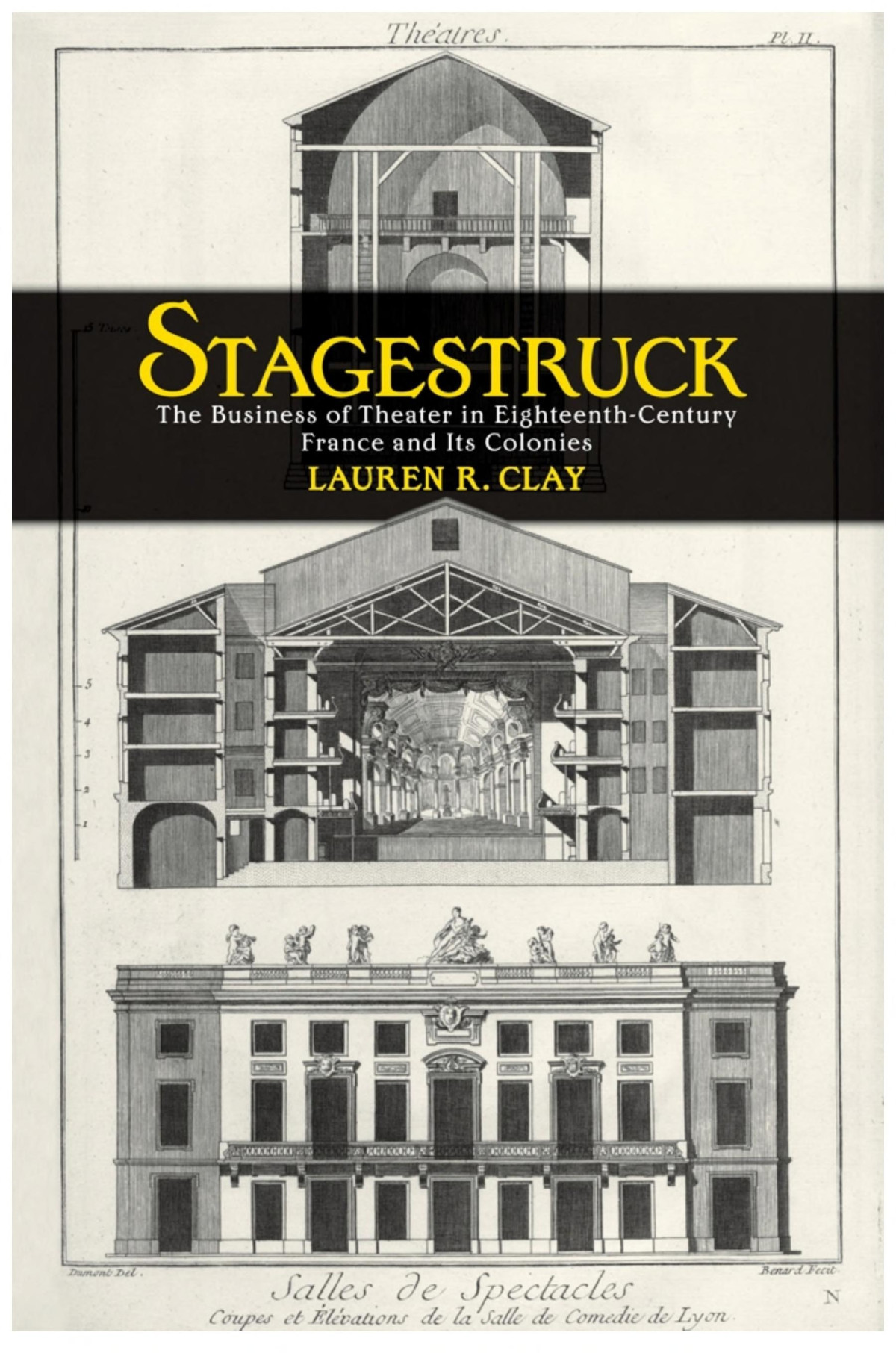

Most ebook files are in PDF format, so you can easily read them using various software such as Foxit Reader or directly on the Google Chrome browser.
Some ebook files are released by publishers in other formats such as .awz, .mobi, .epub, .fb2, etc. You may need to install specific software to read these formats on mobile/PC, such as Calibre.
Please read the tutorial at this link: https://ebookbell.com/faq
We offer FREE conversion to the popular formats you request; however, this may take some time. Therefore, right after payment, please email us, and we will try to provide the service as quickly as possible.
For some exceptional file formats or broken links (if any), please refrain from opening any disputes. Instead, email us first, and we will try to assist within a maximum of 6 hours.
EbookBell Team

4.1
80 reviewsStagestruck traces the making of a vibrant French theater industry between the reign of Louis XIV and the French Revolution. During this era more than eighty provincial and colonial cities celebrated the inauguration of their first public playhouses. These theaters emerged as the most prominent urban cultural institutions in prerevolutionary France, becoming key sites for the articulation and contestation of social, political, and racial relationships. Combining rich description with nuanced analysis based on extensive archival evidence, Lauren R. Clay illuminates the wide-ranging consequences of theater's spectacular growth for performers, spectators, and authorities in cities throughout France as well as in the empire's most important Atlantic colony, Saint-Domingue.Clay argues that outside Paris the expansion of theater came about through local initiative, civic engagement, and entrepreneurial investment, rather than through actions or policies undertaken by the royal government and its agents. Reconstructing the business of theatrical production, she brings to light the efforts of a wide array of investors, entrepreneurs, directors, and actors—including women and people of color—who seized the opportunities offered by commercial theater to become important agents of cultural change.Portraying a vital and increasingly consumer-oriented public sphere beyond the capital, Stagestruck overturns the long-held notion that cultural change flowed from Paris and the royal court to the provinces and colonies. This deeply researched book will appeal to historians of Europe and the Atlantic world, particularly those interested in the social and political impact of the consumer revolution and the forging of national and imperial cultural networks. In addition to theater and literary scholars, it will attract the attention of historians and sociologists who study business, labor history, and the emergence of the modern French state.